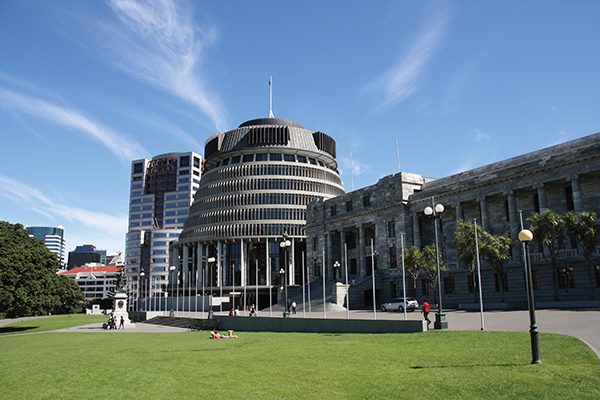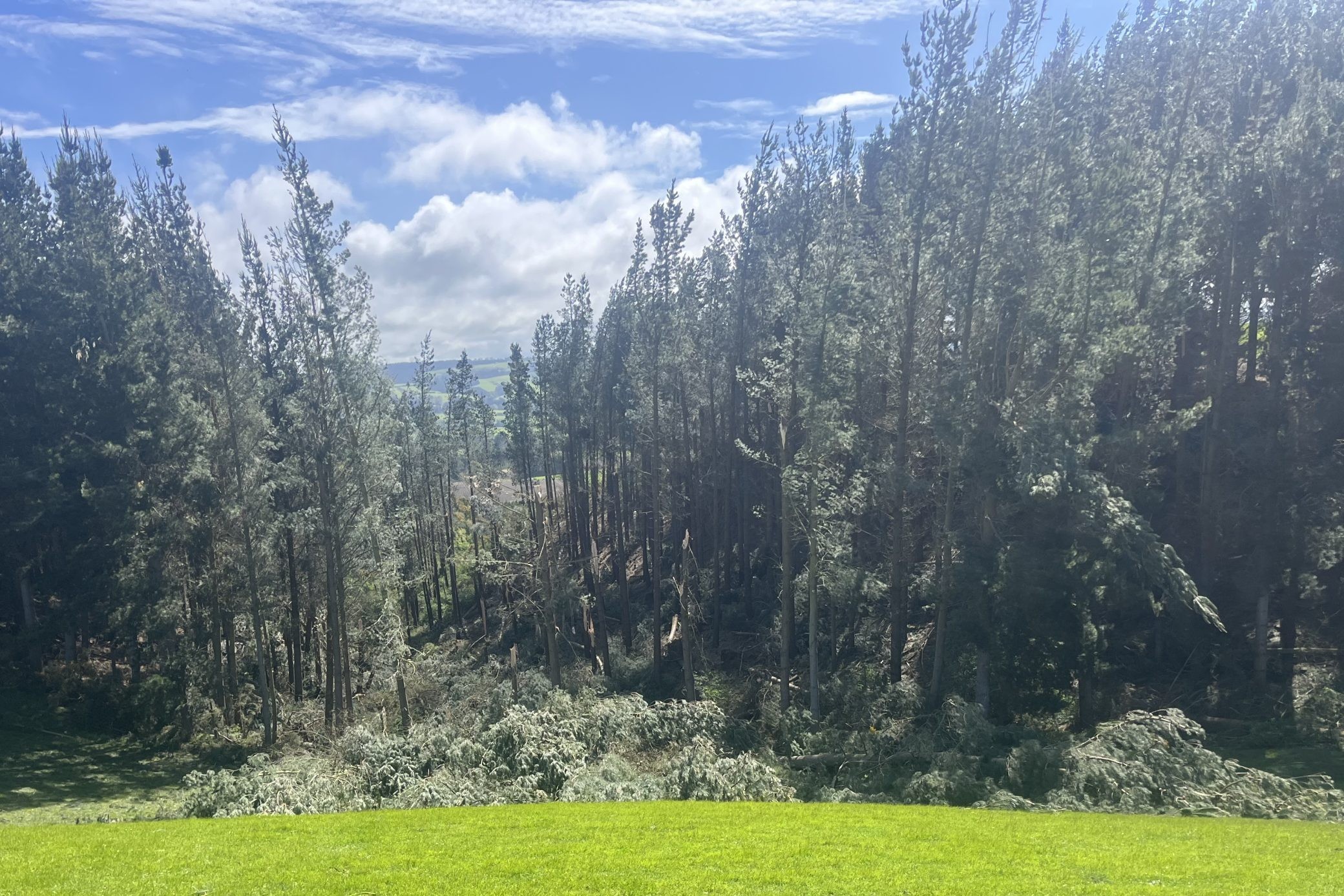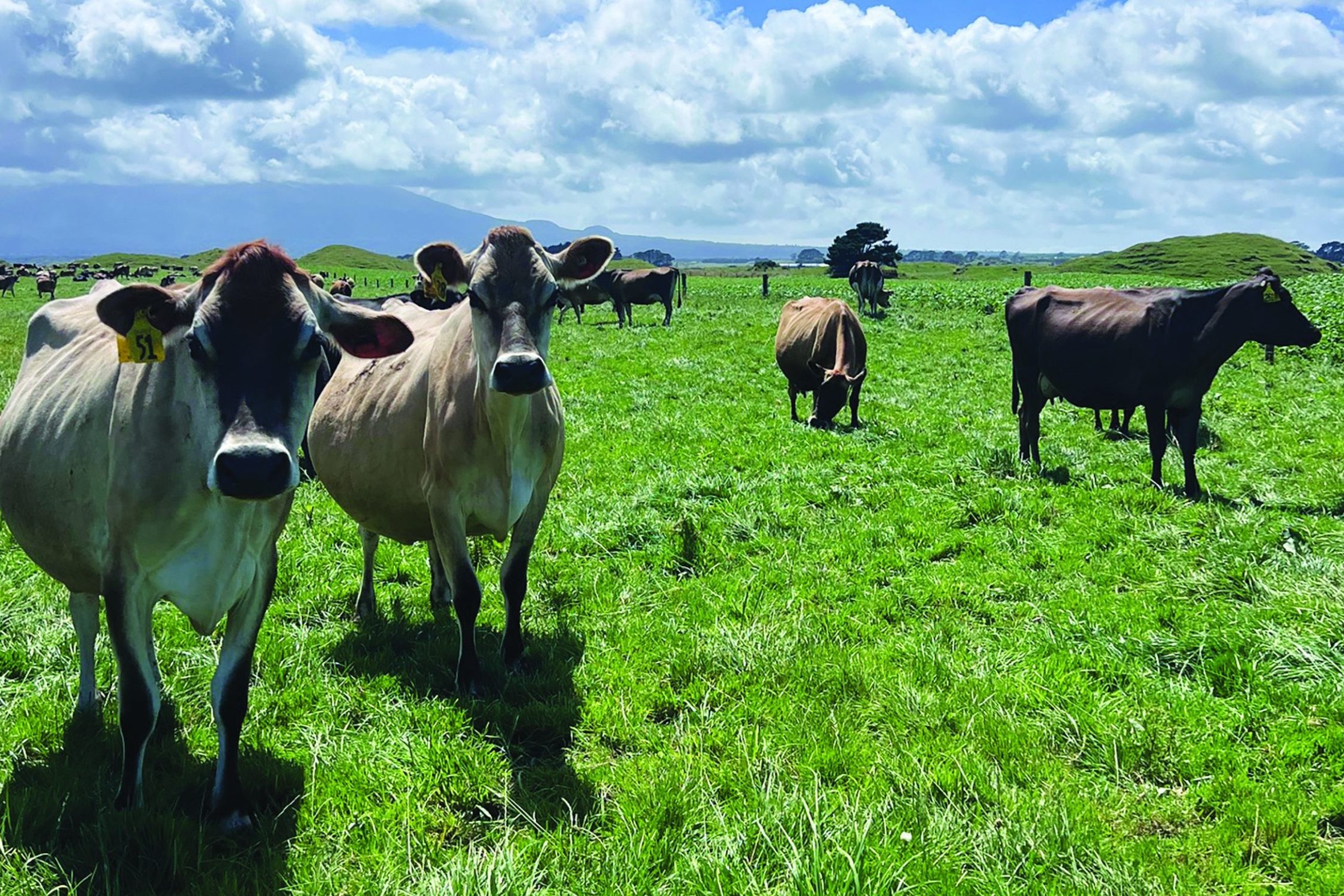In March 2020, agricultural organisations from around the world including Federated Farmers and Beef + Lamb New Zealand, signed a statement to the Intergovernmental Panel on Climate Change (IPCC) asking for it to consider the use of a new metric called GWP*/GWP-we to account for agricultural emissions. This metric is widely regarded as superior to the existing GWP100 metric for measuring the effects of short lived greenhouse gases (GHG’s) such as methane.
The GWP100 metric calculates the warming value a single pulse of methane would have on the climate over the next 100 years and is accurate for that purpose. The problem is farms do not emit just a single pulse, they emit a constant flow of emissions. A constant flow of methane behaves very differently over time. Methane lasts about 12 years in the atmosphere, so if the rate of emissions is kept stable, old emissions will decay at the same rate new emissions are released. This process stabilises atmospheric methane concentrations and therefore will not alter temperature.
The GWP-we metric by comparison is designed to measure a constant flow of emissions and calculates how these emissions will alter temperature from a chosen base year. If emissions go above the base year it will signal a warming effect. If they drop below the base year, GWP-we will instead signal a cooling effect.
This unfortunately is why GWP-we will not be used in this country for emissions policy. Given GWP-we clearly separates out the portion of a farms emissions that add to new warming each year logic would suggest only this portion should be taxed. For most farms, which have relatively stable stock numbers, this would mean no tax on methane at all. More problematic still, it would open the door to compensation for farmers that have lowered emissions.
Relating farm emissions back to climate change would undermine this Government’s entire policy. It requires significant cuts to agricultural emissions if there is any chance to achieve the 2050 target. Instead, they will continue with GWP100 and put a cost on total emissions, before generously offering the farming community a 95% rebate to get them on board. Farmers will be paying tax on 5% of their total emissions, regardless of whether their farm is adding to warming, and at the same time tout that the industry is 95% subsidised. This is quite brilliant.
I can only see farmers getting a fair deal if they have public support. They will never get that if they don’t pitch their case though.
- Steven Cranston is a Waikato-based environmental consultant.





